I Am Queer, but Am I Safe?
#OmulFaceLocul is a project of Constanta, Clara and Mariana who live in Chișinău. As architects and urban planners, they explore different aspects of community urbanism and formulate what we, as a society, can do together to make the cities we live in a bit friendlier. A sustainable city is a safe place, one that allows movement without fear of crime, victimization, or harassment, regardless of sexual orientation and gender identity. Under the tagline I am queer, but am I safe? the Loc de Dialog (The Place of Dialogue) series invites queer people of Chișinău to reflect upon what their city does to ensure the safety needs of LGBTQ+ individuals. The interviews explore Chișinău’s places of vulnerability and victimization, as well as places that represent queer resistance, activism, and empowerment, as they are experienced in everyday queer lives.

In this first episode, the Loc de Dialog talks to Katisch, a decolonial activist and independent researcher, about her experiences of in/visibility as a queer woman in Chișinău.
Read more articles from the Issue
Nothing Found

“In Prison, They Named Me Rayhon”
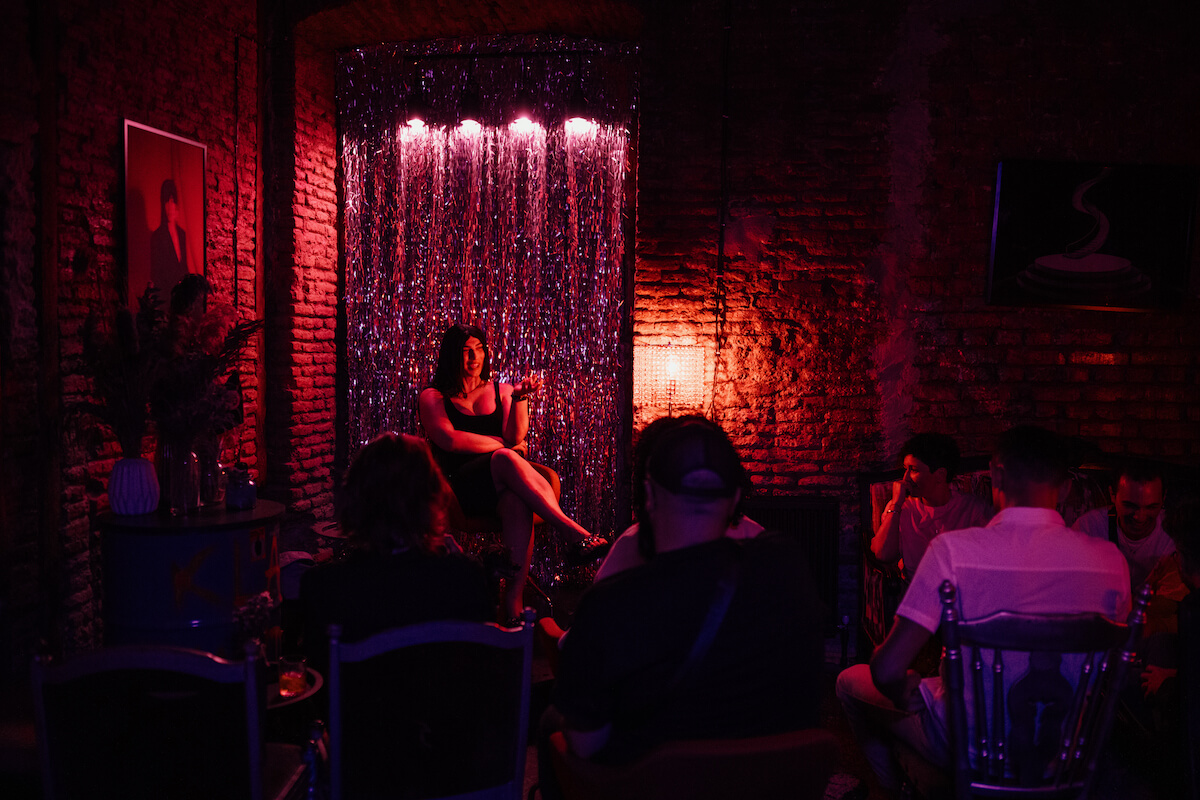
From Street Violence to Stand-Up Scene
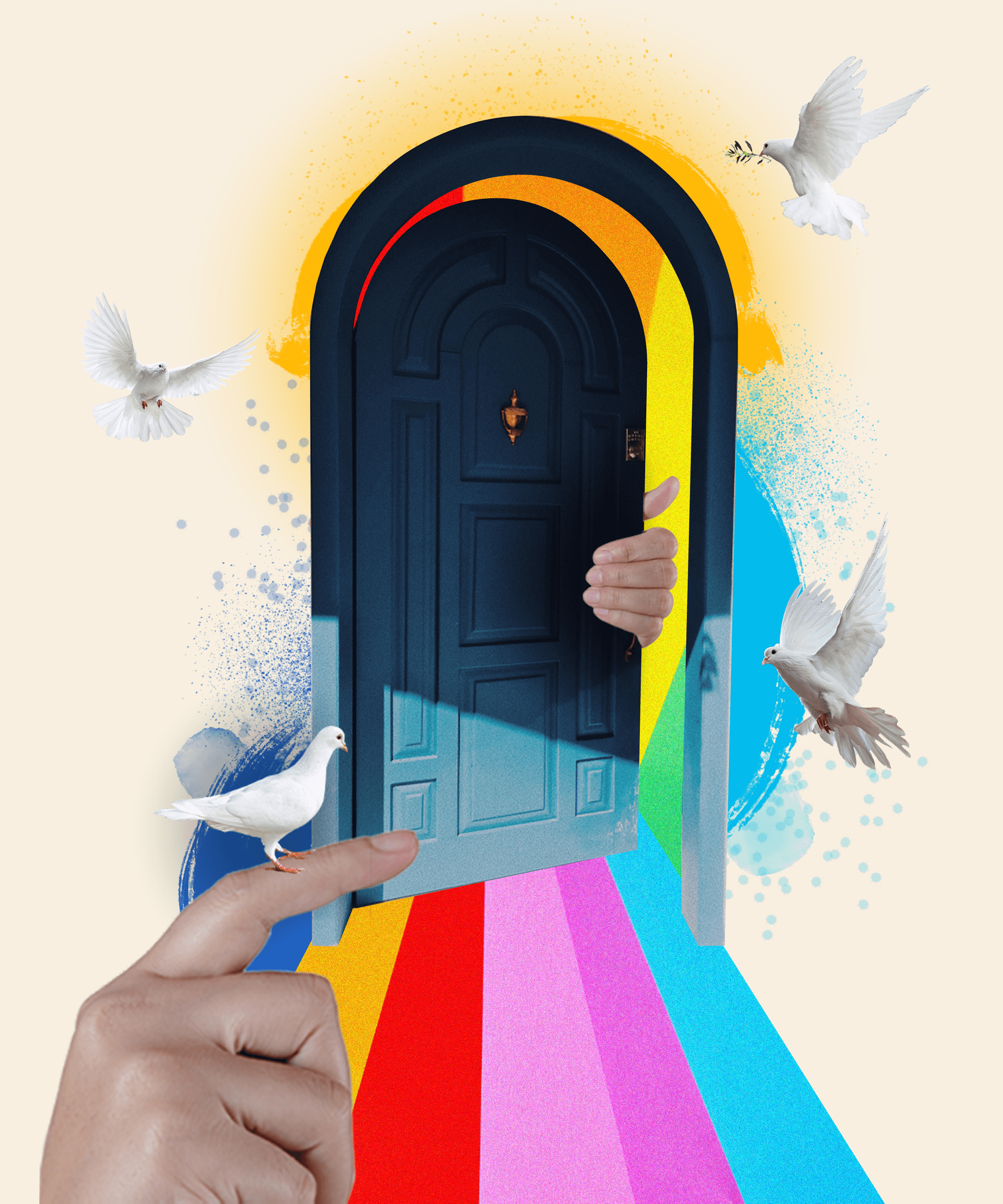
“The Most Important Thing For Me Is That My Son Is Happy”
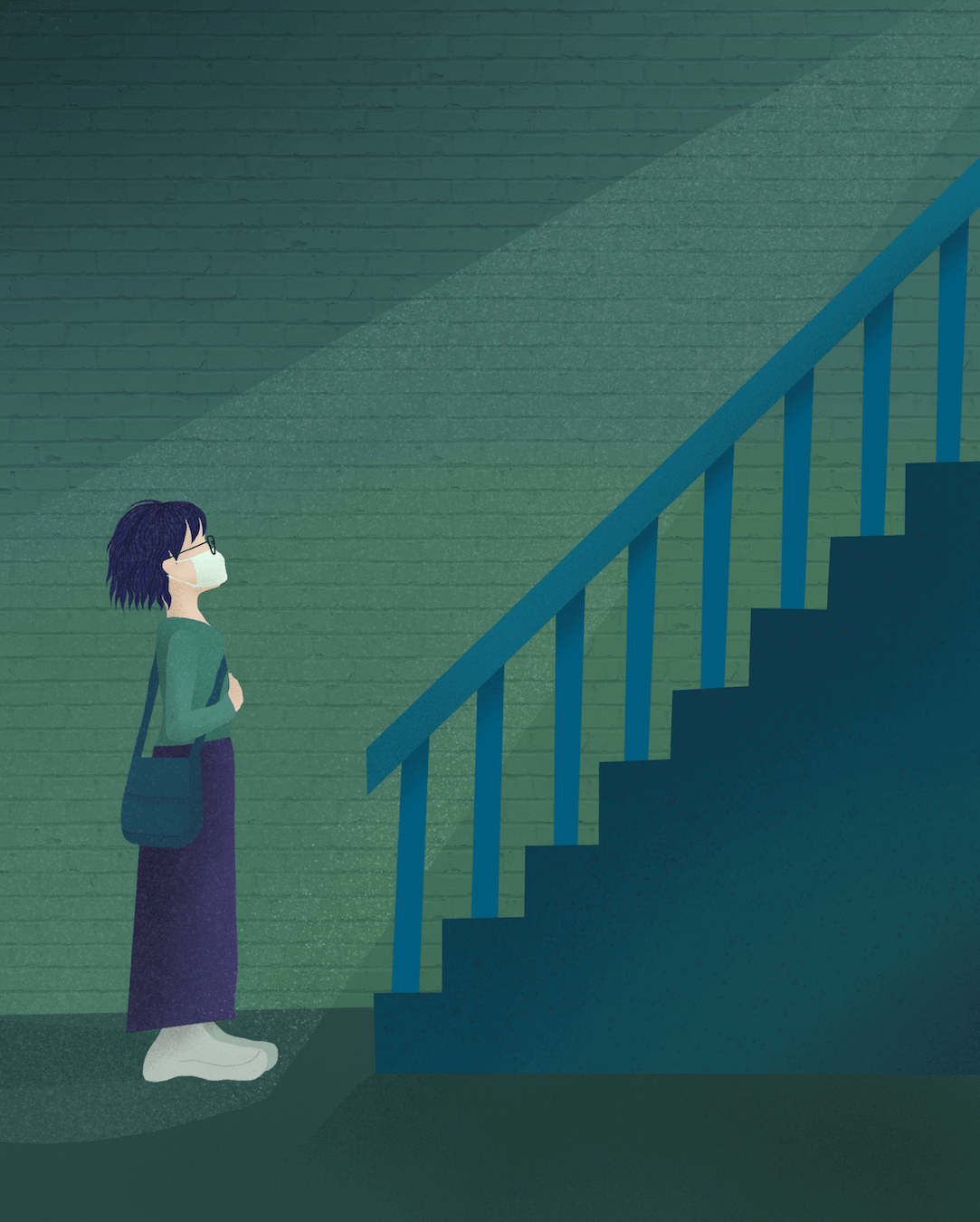
“There Are Things One Doesn’t Choose”
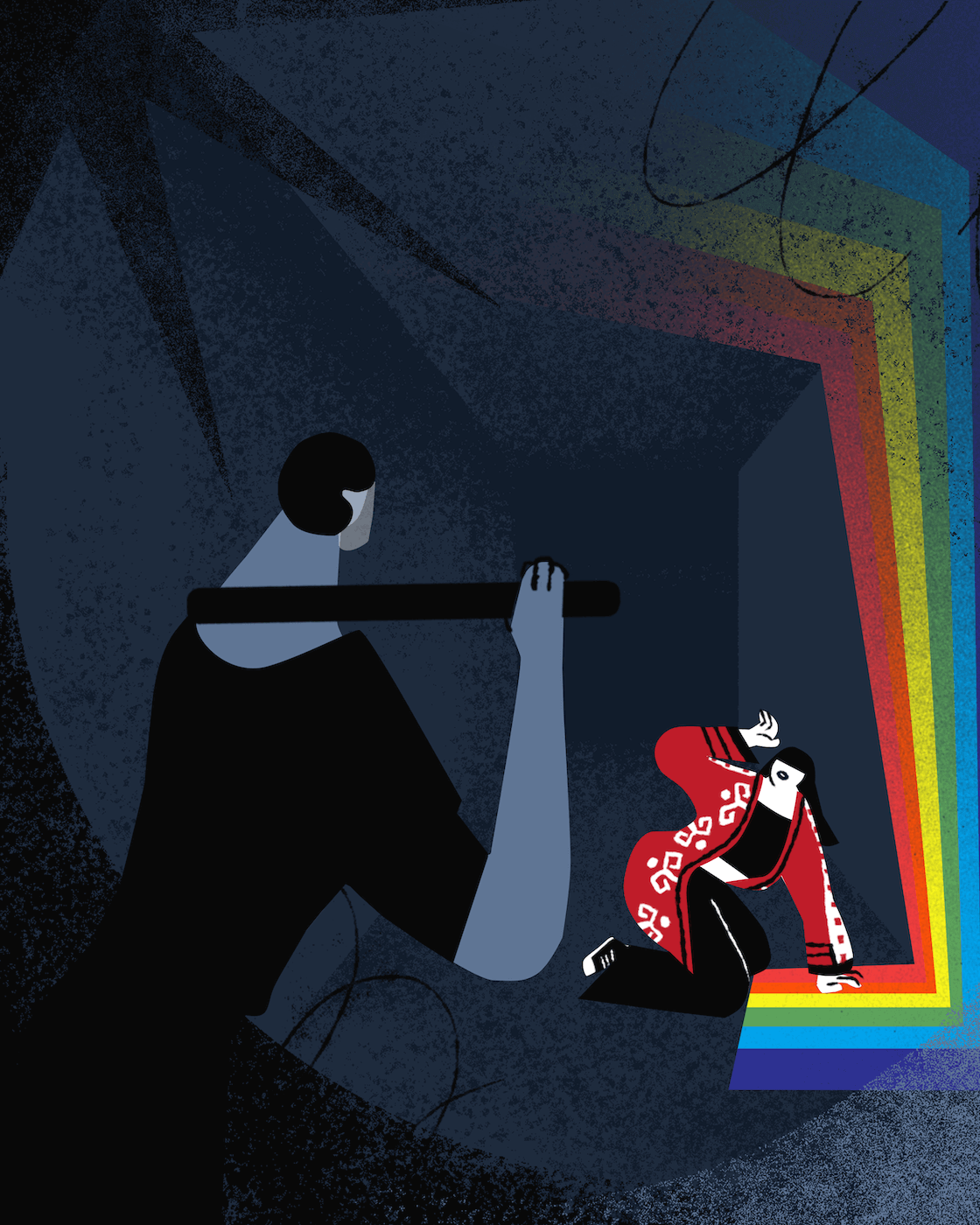
“I Was Told I Had Disgraced Kazakhstan”

“If Your Protesting Hand Gets Tired, I’ll Be There To Take It”
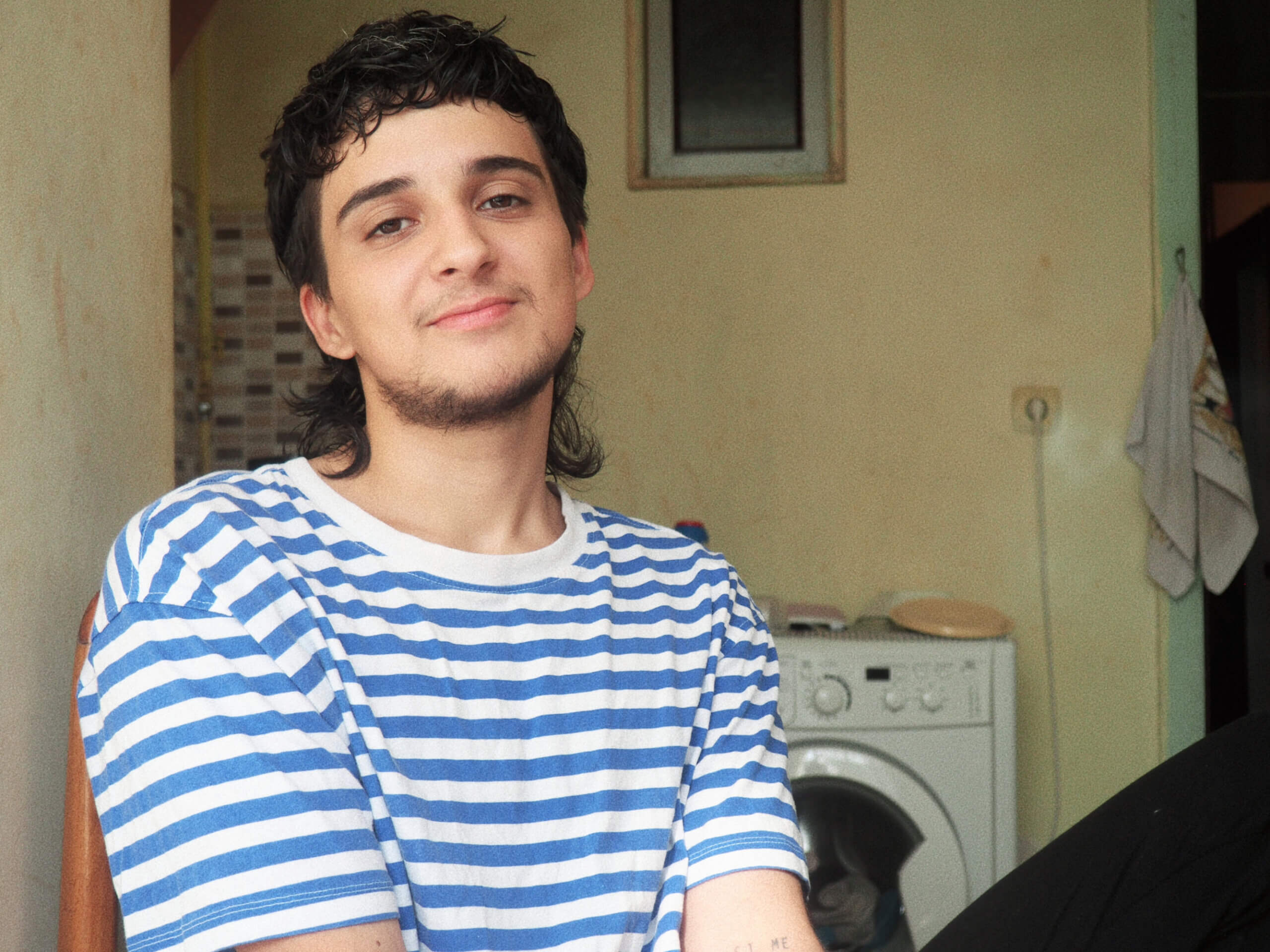
Trans Solidarity Against Bigoted Institutions
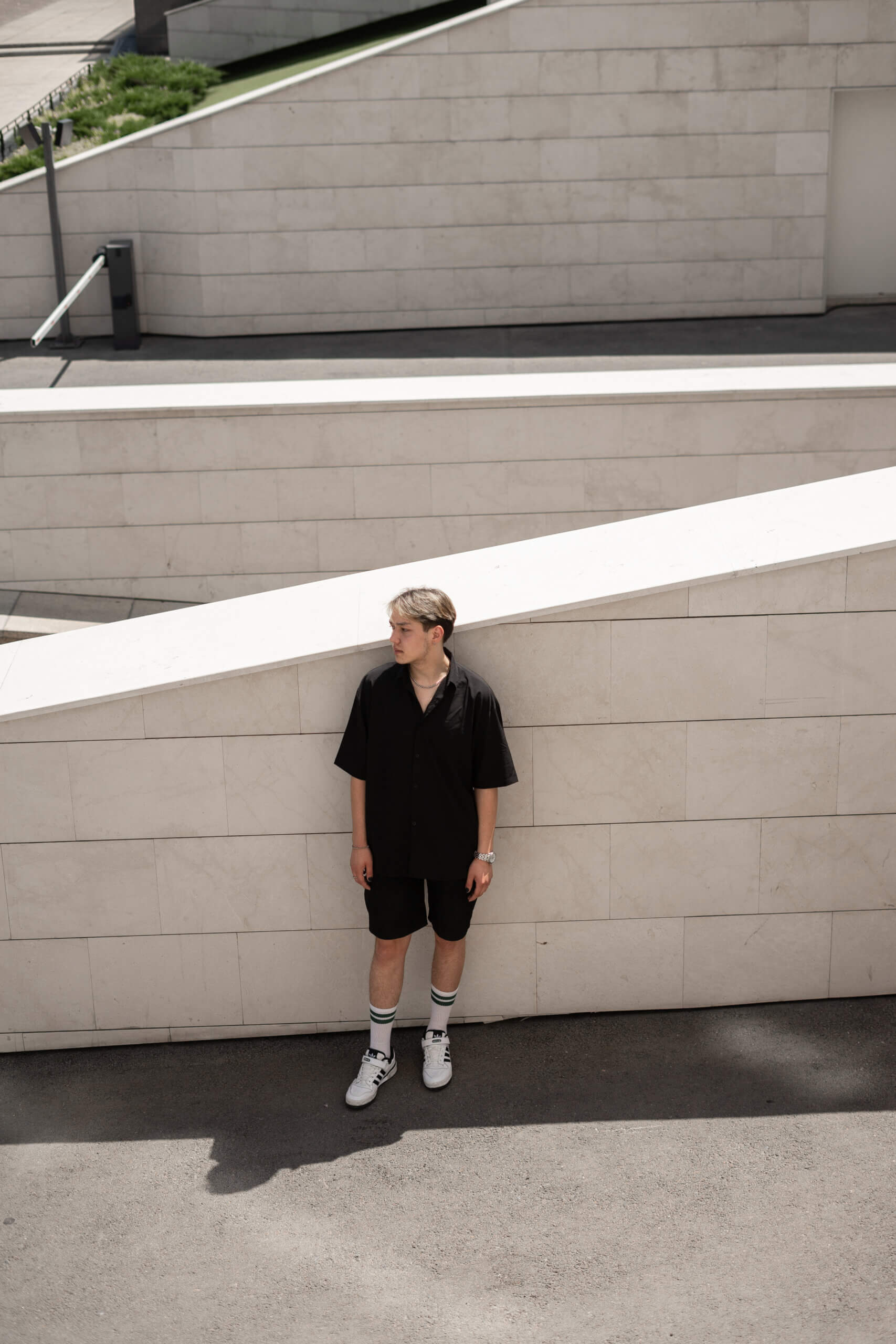
“I Gave Up a Lot To Be Who I Am”

